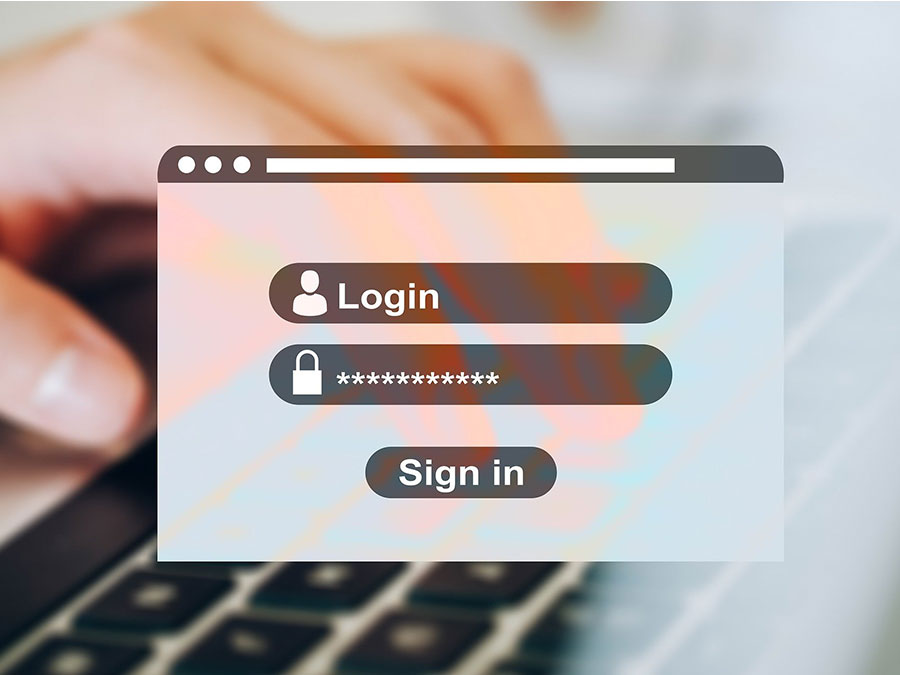How much of your business and personal data is available online? The results could surprise you. With small business in the UK alone targeted by up to 65,000 attempted cyber attacks per day, data breaches and leaks are becoming an increasingly common occurrence.
Once leaked, this sensitive data which could include names, addresses, contact information and even payment details is made available on the dark web, with cybercriminals selling the data on or using it to forge identities and make unauthorised payments.
No matter how careful you are with choosing strong and unique passwords for different online services, if a website you have an account with is hacked or suffers a data breach – all of your information within that platform could be made available on the dark web.
To help our customers keep on top of this ever-present threat, our cyber security services include a dark web monitoring service which finds and highlights any of your business’ sensitive data which is available online.
Find out more about our latest cybersecurity offering and get actionable tips on what to do if your data has been leaked as a result of a data breach.
What Is the Dark Web?
The dark web, also referred to as the dark net or the deep web is a hidden network of websites which are not indexed by traditional search engines such as Bing and Google.
Websites within the dark web are instead accessed via specific browsers such as Tor which provide a higher level of anonymity for users and means that online activity cannot be tracked.
Whilst this has its benefits for those wishing to maintain their own privacy, it also serves as a perfect environment for criminals to operate beyond the reach of law enforcement.
Features of the Dark Web Monitoring Tool
Our dark web monitoring tool allows customers to monitor the presence of any confidential company information that has been made available on the dark web. Features include:
- Free initial check which will pull in known dark web logs for your business domain or email address to identify any data which has been posted for sale.
- Realtime dark web scanner which picks up existing and new breaches of sensitive data.
- Dedicated Security Operations Centre (SOC) analysts who actively search and monitor the dark web for more current breaches.
- Anti-spam assessment which reduces the risk of malicious actors being able to send emails impersonating your organisation.
What Does the Report Show?
The initial report provided shows an overall risk score based on the number of email IDs that have been exposed, the number of exposures and the latest publish date.
The report then lists all email addresses associated with the domain that are available on the dark web, with details of the source of the breach also available.
From here, we can help you secure these accounts once more and prevent the risk of any other data being compromised as a result.

What Should I Do If My Data Has Been Breached?
If you find that one of your accounts has been caught up in a data breach, in most cases the company must inform you without delay – they must let you know the likely consequences of the breach and what measures they are taking to deal with it.
To prevent the data breach having a serious knock-on effect, we recommend taking the following action:
- If you have an identical or similar password for any other services – change them immediately.
- If your account had payment details associated with it, keep a close eye on your bank account for any unrecognised transactions. If you notice anything unusual, flag this with your bank immediately.
- Keep an eye out for any email or text password reminders or reset requests which can indicate somebody is trying to access your account.
- Consider using a dark web monitoring service to scan the dark web for your data.
- Schedule a consultation with a cybersecurity expert to ensure that your business will not be targeted by a cyberattack as a result.
How Can I Create a Strong Password?
| DO | DON’T |
|
|
Creating unique and strong passwords for each service you use is a simple and effective way of reducing the consequences of a data breach, here are the dos and don’ts of creating a strong password for online services.
For businesses with multiple passwords – a password manager is highly recommended. Modern password managers don’t just help you remember your passwords, they also offer features that generate strong passwords for you, allow different levels of access for certain websites or users and even lock access down based on the location of the user.
We offer a password management tool with several useful features for businesses available on a per user per month basis, get in touch with us to arrange a demo.
Complete Cybersecurity Solutions for Business
Is your business comfortable that your sensitive information and customer data is secure from the risk of a data breach? If the answer to that is no – we can help.
We offer a range of cybersecurity solutions for businesses including dark web monitoring, password managers, Cyber Essentials, staff training, edge security, leading antivirus, regular system updates and more.
Give us a call today on 0117 975 9523 or schedule a no-obligation consultation with one of our expert team to discuss your individual requirements.

